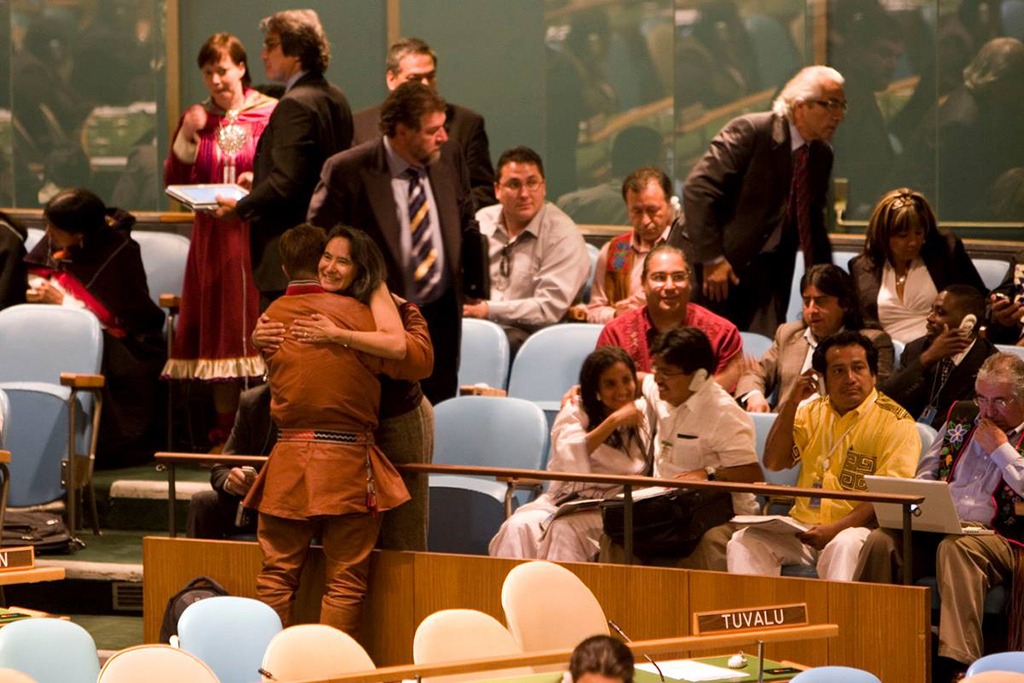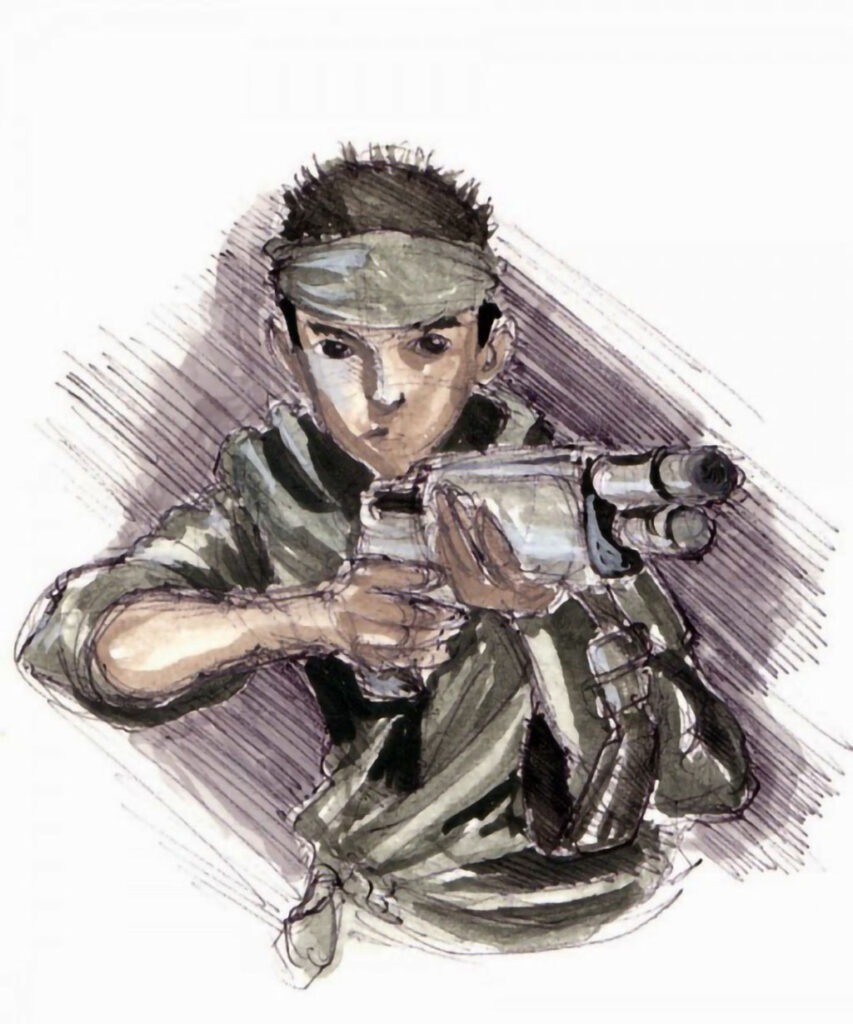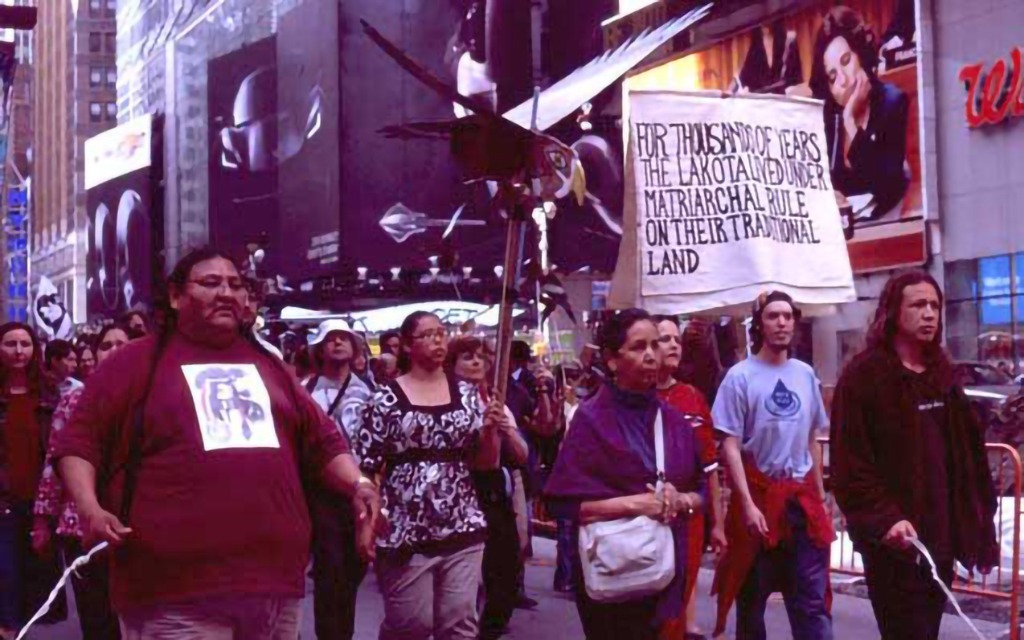
Hmong Written Language Officially Recognized at World Congress
Hmong Written Language Officially Recognized at World Congress
Discover the inspiring story of the Hmong written language’s official recognition at the World Congress, a landmark achievement affirming the Hmong people’s linguistic and cultural rights.

Hmong Written Language Officially Recognized at World Congress – The Hmong Indigenous nation achieved a momentous milestone with the official recognition of the Hmong written language at the World Congress held in Saint Paul, Minnesota, from February 20–22, 2009. This groundbreaking event solidified the cultural and linguistic rights of the Hmong people, a peace-loving nation with a history spanning over 5,000 years in Greater Asia and Southeast Asia.
A Historic Achievement for Hmong Pahawh
The conference celebrated the adoption of the Hmong Pahawh written language, originally created by Hmong King Chi-You around 2700 BC and later modified by Father Yang Shong Lue in 1959 to meet the modern needs of the Hmong nation. Father Yang’s contributions were instrumental in preserving this ancient script, which symbolizes the Hmong’s cultural resilience and identity.
Recognition of Indigenous Rights
Mr. Chairman Yang Hubert Toushouyeng emphasized that the Hmong Indigenous nation’s rights, including the recognition of their written language, are protected under the United Nations’ Purposes and Principles of the Charter and the UN Declaration on the Rights of Indigenous Peoples. This recognition affirms the Hmong people’s equal status among the nations of the world and preserves their unique heritage.
Overcoming Adversities
The journey to recognition was fraught with challenges. From the assassination of Hmong leaders and advocates, including Father Yang Shong Lue in 1971, to the destruction of educational institutions by oppressive regimes, the Hmong people have endured immense hardships. Despite these adversities, their resilience has ensured the survival and celebration of their language and culture.
Modern Support and Technological Advances
In a significant step forward, IBM developed two modern Hmong Pahawh typewriters in 1987, further legitimizing the language’s place in contemporary society. Dr. A. William Smalley, an American linguist, strongly endorsed the language’s authenticity, urging the Hmong community to take pride in their linguistic heritage.
A Call to Action
The World Hmong Congress calls on governments and citizens worldwide to honor the goals of preserving the Hmong written language. This recognition not only strengthens the cultural identity of over 15 million Hmong people globally but also ensures that future generations will cherish and sustain their heritage.
The official recognition of the Hmong written language is a testament to the resilience and unity of the Hmong nation. It serves as a beacon of hope for other Indigenous communities striving to preserve their cultural and linguistic rights.
References and Further Reading
- Hmong Written Language Officially Recognized at World Congress | Indigenousissuestoday.Blogspot.Com | The Hmong Indigenous nation’s rights, including writing language systems is protected by the United Nations Purposes and Principles of the Charter and the UN Declaration on the Rights of Indigenous Peoples” stated Mr. Chairman Yang Hubert Toushouyeng.





What the heck? Any notable government will NOT recognize this. First, no evidence is presented when talking about Chi You and all the so called Hmong kings. Second how do we know Hmong are from Chi You? Third how can there be a claim that Pahawh was created during Chi You’s era? There are so many flaws in this argument. No gov’t is going to recognize this.
Well i guess they did.
Also is you go through the feeds, Rose Clayborne post a article about how they connected Dong-Yi to Chi-you. But you can read the article for full details.
Here is the post from Rose Clayborne
https://www.facebook.com/groups/HmongsAndNativeAmericans/permalink/331207270325175/
I’ve read that the Pahawh Hmong was the lost language or writing of the Hmong. You can read more in detail about it
http://www.motherofwriting.com/chapter_1.html
I know the story well.
Nus Vaj: What must be understood is that ancestral memory, whether real or imagined is more powerful than “factual” data. What is real or actual is immaterial. The power of myths and symbols surpasses that of any “empirical” research/data. In order to understand indigenous peoples, we must be conscious of this fact. I think that the recognition of Pahawh is a victory for us, whether it was “created” in ancient times or whether it was developed more recently. We needn’t throw out the baby with the dirty bath water. I for one, although illiterate in Pahawh, support the use of this script and hope that it will become the dominant and only script to be used for the Hmong language. The Romanized script is rather inadequate and does not fully capture all the nuances of our language. Additionally, while I am an avid supporter of oral tradition and believe oral history is just as credible, we live in a world where written language supersedes that of the spoken, meaning written documentation is deemed the only legitimate form of “proof.” The recognition of a writing system created by a Hmong person for the Hmong people is a by no means a small victory. It doesn’t really matter if we came from Chi You. What matters is that we believe we have a common ancestor and share a common place of origin, that’s what makes us one nation. Also, important to bear in mind is that history is really HIStory. Just because something is “written” does not mean that it is the truth. Proof can many a times be found in myths, symbols, and yes, ancestral memory. Who is to say what is real or imagined ? What is truth or myth? The answer lies in codes transmitted to us that we have yet to decipher.
It’s easy to dismantle those who believe in information without facts. What will happen if one day you find out your beliefs were created by your enemies to suppress your people? What will happen to you and your people when you find out pahwah was created by someone else, ie the Vietcongs and Shong Lue (Soob Lwj) was just the messenger? I do agree that not all written and spoken traditions or facts are actually facts. Use what inspires you to help you find your true self, but never be dictated by others.
Nus Vaj: Let me make clear that while I do not necessarily condone sacrifices without utilizing the animal for other purposes such as for food or clothing, I also do not judge and begrudge others’ practices.
We live in a society that degrades spirituality and only values the physical realm. The ramifications of modernity have begun to chip away the thin veil of superficiality. People are hungry, but not for food. They hunger for spirituality and for connection with other sentient beings and the universe. Your position and line of reasoning puts you in the same camp with the whole secular movement that has deviated from earth traditions. You want to separate the physical from the spiritual, when a traditionalist who understands the language of the universe knows that it is impossible to do. What makes physical ailment, hunger, and pain any more significant than those derived from lack of spiritual care? Who are you to determine what is acceptable to make a sacrifice for and not? Why is your physical hunger any more important than say—spiritual ailment? It would seem you did not read my previous comment with clear comprehension. Let me re-state it in simpler terms. You eating meat without ritual can be seen just as reckless as someone sacrificing for spiritual needs. You put more emphasis on the physical realm than the spiritual. The fact that animal sacrifice runs the gamut of the human species speaks volumes about the significance (or efficacy) of such practices and the importance of its symbolism. Additionally, this tradition continues to survive despite centuries of “abolition” from the “more civilized” conquistadores. Irrespective of all the “modern” technology and “advanced” medicine, many people still turn to traditional practices(sometimes when all else fails.) Why? Sometimes we can’t explain how something works because perhaps we have lost our ability to understand how the energy of the universe functions in harmony with the ebb and flow of the vibes we transmit on a daily basis. What is time-tested is the practice’s resilience through the ages. I suggest do more research on the human psyche and understand the energies of the universe before you dismiss such practices as cruel. Again, I will re-state: We honor the spirit and the worth of the animal when we take its life for a greater cause. What do you do when you eat just to fill your stomach? Do you give thanks to the ancestors for allowing your stomach to be filled? Do you honor the spirit of the animal when you eat it? Do you thank the cashier behind the cash register? Or all or none of the above? (You needn’t respond—the questions are for you to reflect upon.) Another thought to ponder: What differentiates humans from the rest of the animal kingdom? Culture. That is another discussion, but all the same intertwined in this intricate web of existence.
Nus Vaj: the comment above belongs in the discussion about the puppy. I’ll respond to this thread when I get the chance.
That’s all nonsense. We, human, made up reasons to sacrifice other animals. The truth is in prayers, meditation, and compassion not animal or human sacrificial killing. Taking a life to save another is ridiculous. We eat animals because we were taught to eat animals. Infants cannot digest animals, but they get their nourishment from their mother. I wonder why? When I look into the eyes of a pig as it is being stabbed in the throat or a chicken’s neck being slit or a cow being shot in the head our a buffalo being hammered with an axe there is nothing there that says we are spiritually connected with the animals and mother earth. The truth is we should not be eating animals but we must because we were taught to. Just because a tradition survived over the centuries doesn’t make it spiritual.
How do you define spirituality? I think you are confusing religion and spirituality. I absolutely do not agree with you. Nonsense is your inability to reconcile action and reaction. I can sit and have this debate with you.
I don’t discuss these kinds of topics in private. There are many reasons I do it in public. Thank you for the personal attacks. FYI I am still a traditionalist but I question what we practice. My questions are not meant to attack traditions but to understand and improve on them.
No personal attacks. I do not know you personally. As you will see, I always refer to your ideas and comments. I make statements based on my understanding of your responses and comments. I am not one to blindly follow ideas, thoughts, customs, etc without critically analyzing these things and asking questions. I am a traditionalist in contemporary times. Culture, schools of thought, paradigms, ideas are not static. As such, we must adapt to our times and society. However, I also do not write off traditional ideas and customs as primitive, ignorant, superstitious or associate them other other negative sentiment based on what society has taught us to understand as knowledge and civilization. I place great value in ancestral and ancient knowledge/wisdom and have come to understand that things were not done just simply because it seemed like a cool idea at the moment. As a species that has been on this planet circa 150-300K years, we have had to learn and adapt. The question becomes why do some things NOT change? Why are some things practiced universally across different geographical regions and cultures? We have to remember that we in many ways, are an inferior species, meaning we don’t have the survival skills or resources to fend for ourselves in the wild. We don’t have fur, no sharp claws or teeth, we don’t run very fast, we can’t really climb and jump (with the same agility that animals do such as big cats), and the list goes on… What we do have is our brain. That’s how we have clawed our way to the top of the food chain. I would say our ability to outlive all other hominids implies that our survival was not a mere stroke of luck. We have our reasons for doing things–that’s how we have survived as a species for the last few hundred thousand years. That does not mean that everything that we have done since inception is right. We go through trial and error. Anyway, I don’t like public debates such as this because I believe it becomes an issue about ego: who is right and who is wrong, who can come with the most ammo and best arguments. I prefer intellectual discourse that will not only challenge others to think outside their established paradigms, but more importantly will challenge my own ideas and help me grow. When ego gets in the way, it stifles intellectual growth. I am not immune to hubris and must know when I must walk away before it inhibits my spiritual and intellectual growth.
great time and history for the hmong to be acknowledge as a group of people with a written history/language/past and the rest of the world to recognize our nation is a blessing and awakening.